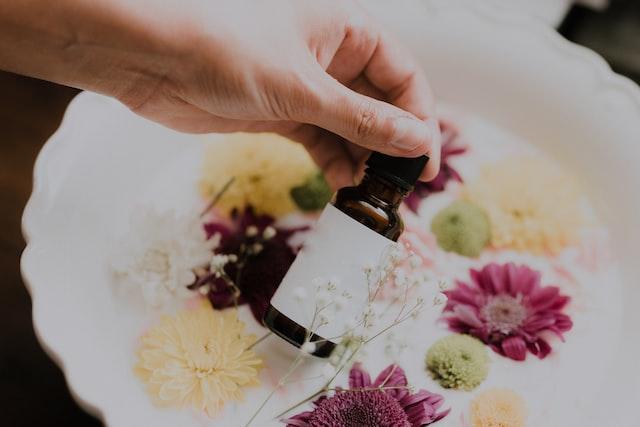The change in temperature, the arrival of rain, the mornings and evenings that get colder... We don't pay attention and we get a cold! To prevent these inconveniences, why not turn to traditional herbal remedies to soothe coughs, runny nose and other congestion? Discover the plants to have at home to prevent ENT ailments. And have a good tasting!
Comment soulager les voies respiratoires avec les plantes ?
Clogging due to excessive mucus production is not only the result of an inflammatory reaction and a desire of the body to purify itself of microbes or viruses. In naturopathy, discharge is considered to be a symptom that gives an indication of the person's inner state.
This means that consuming an elderberry infusion will only temporarily relieve the problem. It will certainly be necessary to "investigate" your lifestyle to understand how and why the problem has developed. By detecting any behavior that alters the proper functioning of the emunctories, one can act by modifying one's habits and thus give oneself a chance to change the situation.
To summarize, an engorged ENT sphere is generally the sign of an overloaded liver. It can no longer filter waste properly because it is overworked. An emunctory of the same nature will then take over: here it is the ENT system.
If you suffer from sinusitis, rhinitis, bronchitis or recurring ear infections, it might be a good idea to consult a naturopath to work in depth.

Plants of the upper respiratory tract: from nose to larynx
The upper tract is defined as extra-thoracic. They consist of the nose, sinuses, mouth, pharynx and larynx.
The plants recommended to relieve upper respiratory ailments are :
- Echinacea. This plant is known to stimulate the immune system. It is also very effective to stop the affections of the upper respiratory tract such as: sinusitis, cold, pharyngitis.
- White broth. It soothes inflammations of laryngitis, pharyngitis, tracheitis, hoarseness and voice extinctions.
- Mallow. It soothes irritated and inflamed throats. It soothes coughing fits, laryngitis and pharyngitis. It is the plant which is appropriate for everyone, children and pregnant and nursing women included.
- Plantain leaves. This common plant in the gardens has anti-histamine properties. It relieves allergic rhinitis or any other allergic reaction.
Plants of the lower respiratory tract: from the trachea to the alveoli
The lower airways are intra-thoracic. They include the trachea, bronchi and bronchioles as well as the alveolar sacs and alveoli.
To relieve bronchial tubes clogged by an overproduction of mucus, we turn to plants qualified as expectorants. These plants facilitate the fluidification of mucus in order to expel it more easily. They are then said to be mucolytic. Here are some of the most common and easily found in gardens, organic stores and herbalist shops:
- Thyme. This herb from Provence has anti-infectious properties particularly targeted on the respiratory tree
. It is a famous expectorant which, thanks to the presence of its essential oils, is also an excellent anti-infectious of the pulmonary tract. - Elderberry. It is mucolytic and thus helps to fluidify the mucus. It is mainly effective on dry coughs.
- The plantain is an anti-histamine. It calms asthmatic bronchitis or any allergic reaction
- Ground ivy is an expectorant which relieves fatty coughs.
Conseils de préparation pour les plantes des voies respiratoires
Act at the first signs of a cold. The earlier you act, the faster you get rid of your cough!
- Bring water to a simmer.
- Cut the fire.
- Brew your herbs for a few minutes directly in the pot or in a teapot.
For the remedy to be effective, it is recommended to drink at least 75 cl per day. Ready-to-infuse mixtures are available on the market. Be sure to choose one of excellent quality and from an organic production.
Pour conclure sur les plantes des voies respiratoires
The plants presented are not intended to replace any medical treatment recommended by your doctor. They are not a substitute for a consultation with the doctor if your condition does not improve or gets worse.
The advice and recommendations developed are derived from popular tradition, phytotherapeutic knowledge and are considered as natural solutions of 1st intention or as a complement to a medication and/or in the framework of prevention. "Prevention is better than cure" as this famous adage emphasizes!



